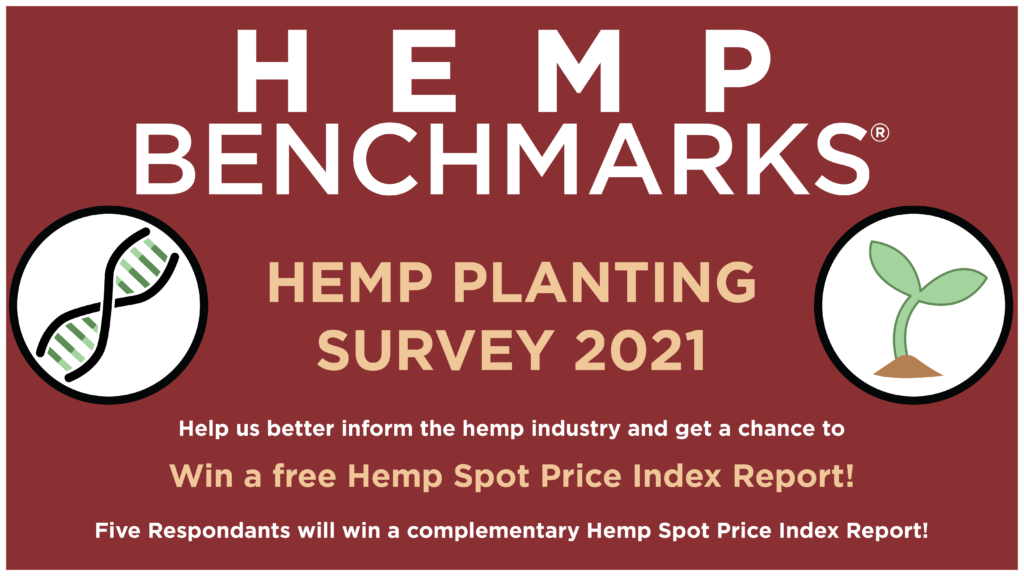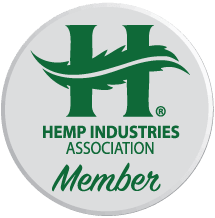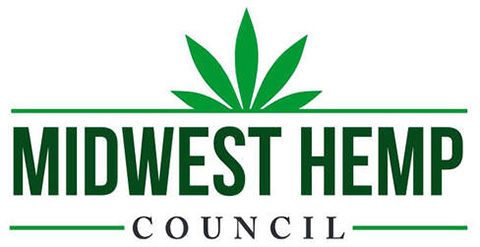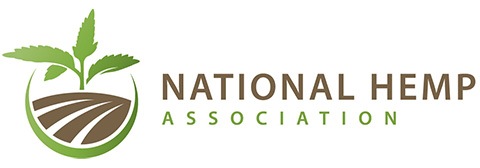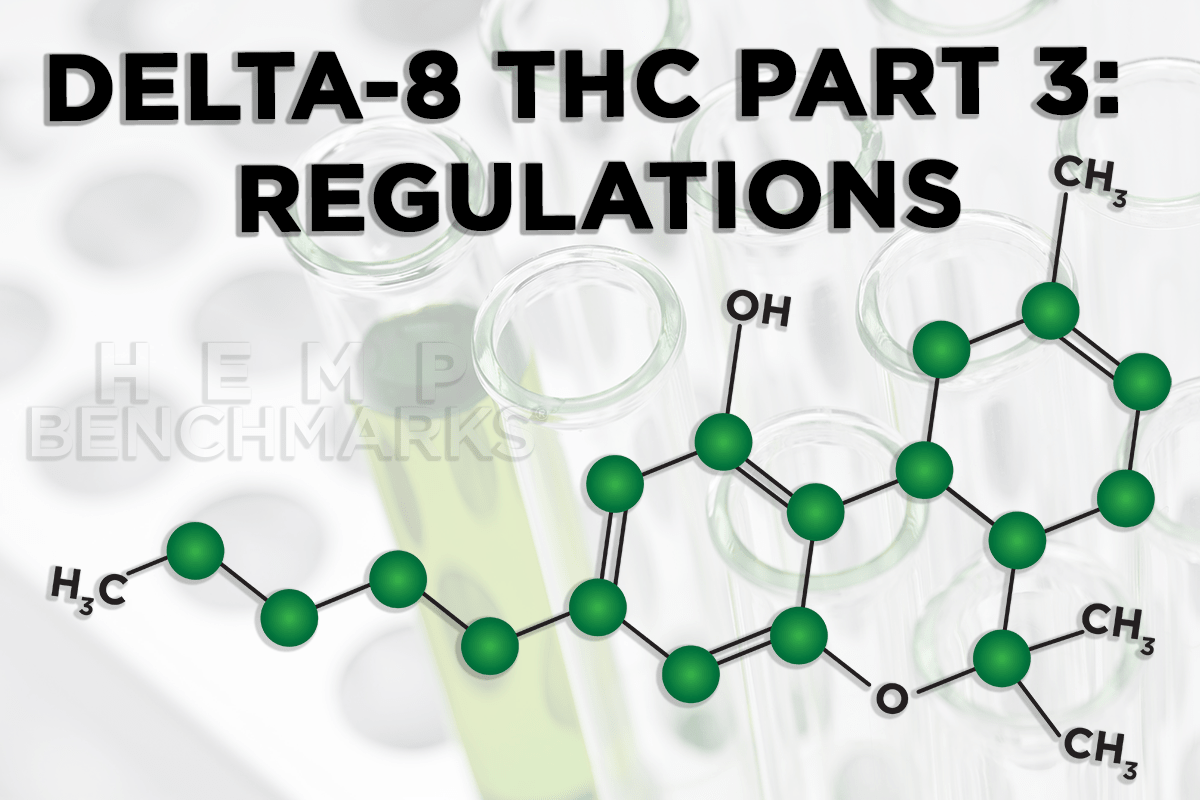
Hemp Benchmarks has been covering developments around delta-8 THC since late summer 2020 in previous Hemp Market Insider articles, which can be found here and here. More detailed information, including wholesale price data for delta-8 THC distillate, can be found in our monthly Spot Price Index Reports.
While delta-8 THC distillate still trades, on average, for more than most types of extracted wholesale CBD products (THC Free CBD Distillate is the exception), March saw the average per kilogram price for delta-8 THC sink by 22% from February. Falling prices are likely due to ample supply of extracted CBD, which is a precursor in manufacturing delta-8 THC, as demand reportedly remains strong and growing. However, efforts by lawmakers, regulators, and the hemp industry itself appear as if they could disrupt delta-8 THC commerce, which is currently being conducted without formal oversight.
Industry Group Decries Marketing Intoxicating Products as “Hemp”
Early in March, the U.S. Hemp Roundtable (USHRT), a national business advocacy organization for the hemp industry, released a statement “On the Marketing of Hemp Products.” The statement announces that the USHRT “is opposed to marketing products, under the guise of the hemp name, for any intoxicating value or euphoric effect.” Although not named explicitly, the statement links to a recent New York Times article on delta-8 THC. The USHRT statement calls marketing intoxicating products such as delta-8 THC “an irresponsible practice” and asserts that such items “should be subject to a distinct regulatory pathway,” separate from that of non-intoxicating hemp products like CBD.
Hemp Benchmarks spoke with Jonathan Miller – General Counsel to the USHRT and Member-in-Charge of the Lexington, Kentucky office of law firm Frost Brown Todd – for more insight into and context around the statement, which is to our knowledge the first and only of its kind from a hemp advocacy organization as of this writing. According to Miller, “Arguments that [delta-8 THC manufactured from hemp extracts] is legal are valid.” However, he also stated, “When Congress passed the [2018] Farm Bill it did not intend for intoxicating products under the hemp label.”
Miller asserted that delta-8 THC’s rise to prominence is ruffling feathers amongst a variety of groups, including some federal lawmakers who support hemp but are opposed to intoxicating cannabis products. Additionally, he said that some operating in state-legal cannabis industries, who are subject to stringent rules and requirements, are not happy with unregulated delta-8 THC products being sold outside of licensed systems essentially without restrictions. Finally, Miller stated that the hemp industry itself is concerned about its “brand.”
‘We Want to Fight Back Against Any Complete Ban’
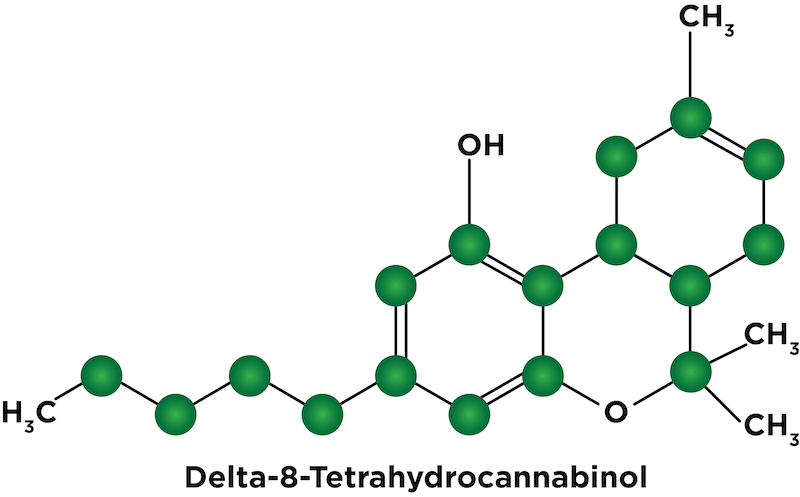
Despite opposing the marketing of delta-8 THC under the hemp name, Miller stated, “[USHRT] wants to fight back against any complete ban” of the compound. He noted that there can sometimes be naturally-occurring delta-8 THC in full-spectrum hemp extracts, prior to their being processed further for sales to consumers, and an absolute prohibition could result in the criminalization of intermediate steps in the process of manufacturing CBD and other non-intoxicating hemp products.
On the same note, Miller characterized the U.S. Drug Enforcement Administration’s (DEA) proposed Interim Final Rule (IFR) as “too broad of a brush,” for dealing with delta-8 THC. As we detailed in previous reports, the DEA IFR would designate “synthetically derived tetrahydrocannabinols” as schedule I controlled substances, a characterization arguably directed at delta-8 THC and similar compounds. Despite the DEA’s proposed stance, Miller said that he does not think there will be a crackdown on delta-8 THC, as “enforcement folks have a lot of stuff on their plates,” and that the issue will likely be resolved via legislative and regulatory efforts.
One potential legislative fix could involve H.R. 841, which was reintroduced in the current Congress earlier this year and would establish a regulatory pathway for the sale of hemp-derived CBD as a dietary supplement and food ingredient. Miller said that it was possible H.R. 841 could be amended to address delta-8 THC, or that separate legislation may be put forward that will formulate the “distinct regulatory pathway” that the USHRT called for in its statement.
For monthly updates on all things Delta-8 THC as well as 13 other specific categories within the hemp space, subscribe to our monthly Hemp Spot Price Index Report
States Take Action to Regulate – or Ban – Delta-8 THC and Similar Compounds
In the meantime, states are taking the lead in attempting to rein in the unregulated production and sale of delta-8 THC. The Oregon Liquor Control Commission (OLCC), which regulates the state’s adult-use cannabis market, announced in late March that it “has initiated rule making for delta-8-THC and other psychoactive components of hemp and marijuana that currently fall outside the adult-use cannabis market’s system of testing and labeling.” However, the OLCC statement notes that the Commission’s authority only extends over the state’s regulated marijuana market and that legislative action is required before broader rules concerning delta-8 THC can be implemented.
Similarly, the Cannabis Observer recounted a caucus meeting of the Washington State Liquor and Cannabis Board (LCB), in which delta-8 THC was a topic of discussion. According to the Observer, LCB officials acknowledged that they do not have the authority to regulate hemp, but LCB Director Rick Garza stated that agency staff were working to “determine the authority that we have by rule to bring this particular cannabinoid under regulation,” with a proposal expected “very soon.”
More recently, the Alabama state Senate’s Judiciary Committee approved an amendment to a bill that would place delta-8, as well as delta-10 THC on the state’s controlled substances list, according to the Alabama Political Reporter. Similarly, proposed legislation in Texas would disallow the addition of delta-8 and delta-10 THC to consumable hemp products, according to an analysis of the bill from law firm Ritter Spencer.
Delta-10 THC is another isomer of delta-9 THC, which is the primary intoxicating substance in marijuana. Hemp Benchmarks has begun to observe some market activity around delta-10 THC and we will report on prices and market dynamics surrounding the latest cannabinoid when data is sufficient to do so.
Overall, it appears that imposing regulations on the production, distribution, and sale of delta-8 THC and similar compounds – if such actions are ultimately permitted – will take some time. For those in the hemp industry that are dealing with delta-8 THC, it seems likely they will be facing a patchwork of varying state policies over the next year, and possibly beyond if prompt federal action is not forthcoming.
Take our 2021 Planting Survey for a chance to win a FREE Spot Price Index Report valued at $150

